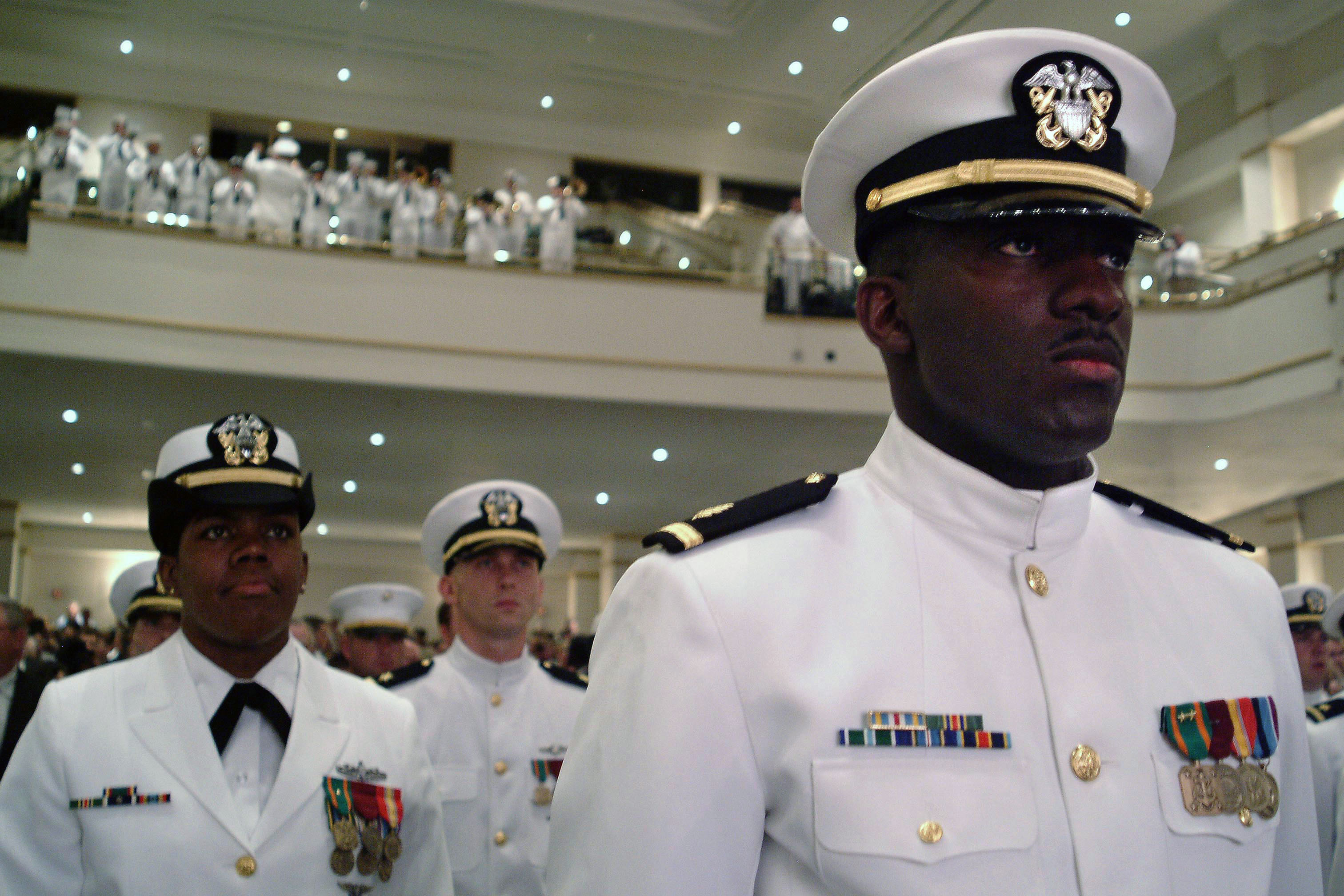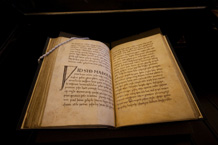|
Robert Kaske
Robert Earl Kaske (June 1, 1921 – August 8, 1989) was an American professor of medieval literature. He spent most of his career at Cornell University in Ithaca, New York, where he was the Andrew W. Mellon Foundation, Avalon Foundation Professor in the Humanities, and where he founded one of the preeminent medieval studies graduate programs in North America. His published output included lengthy interpretations of ''Beowulf'', and of poems and passages by Dante Alighieri, Dante and Geoffrey Chaucer, Chaucer, and frequently constituted leading studies. Kaske particularly enjoyed solving Crux (literary), cruxes, with articles on problematic passages in works such as ''Pearl (poem), Pearl'', ''Piers Plowman'', the ''Divine Comedy'', "The Husband's Message", "Exeter Book, The Descent into Hell", and ''Beowulf''. Born in Cincinnati and a Academic grading in the United States#Numerical and letter grades, straight-A student in high school, Kaske studied Liberal arts education, liberal ... [...More Info...] [...Related Items...] OR: [Wikipedia] [Google] [Baidu] |
Oxford English Dictionary
The ''Oxford English Dictionary'' (''OED'') is the principal historical dictionary of the English language, published by Oxford University Press (OUP), a University of Oxford publishing house. The dictionary, which published its first edition in 1884, traces the historical development of the English language, providing a comprehensive resource to scholars and academic researchers, and provides ongoing descriptions of English language usage in its variations around the world. In 1857, work first began on the dictionary, though the first edition was not published until 1884. It began to be published in unbound Serial (literature), fascicles as work continued on the project, under the name of ''A New English Dictionary on Historical Principles; Founded Mainly on the Materials Collected by The Philological Society''. In 1895, the title ''The Oxford English Dictionary'' was first used unofficially on the covers of the series, and in 1928 the full dictionary was republished in 10 b ... [...More Info...] [...Related Items...] OR: [Wikipedia] [Google] [Baidu] |
Geoffrey Chaucer
Geoffrey Chaucer ( ; – 25 October 1400) was an English poet, author, and civil servant best known for ''The Canterbury Tales''. He has been called the "father of English literature", or, alternatively, the "father of English poetry". He was the first writer to be buried in what has since come to be called Poets' Corner, in Westminster Abbey. Chaucer also gained fame as a philosopher and astronomer, composing the scientific ''A Treatise on the Astrolabe'' for his 10-year-old son, Lewis. He maintained a career in public service as a bureaucrat, courtier, diplomat, and member of parliament, having been elected as Knight of the shire, shire knight for Kent. Among Chaucer's many other works are ''The Book of the Duchess'', ''The House of Fame'', ''The Legend of Good Women'', ''Troilus and Criseyde'', and ''Parlement of Foules''. He is seen as crucial in legitimising the literary use of Middle English when the dominant literary languages in England were still Anglo-Norman Fren ... [...More Info...] [...Related Items...] OR: [Wikipedia] [Google] [Baidu] |
Master's Degree
A master's degree (from Latin ) is a postgraduate academic degree awarded by universities or colleges upon completion of a course of study demonstrating mastery or a high-order overview of a specific field of study or area of professional practice. A master's degree normally requires previous study at the bachelor's degree, bachelor's level, either as a separate degree or as part of an integrated course. Within the area studied, master's graduates are expected to possess advanced knowledge of a specialized body of theoretical and applied topics; high order skills in analysis [...More Info...] [...Related Items...] OR: [Wikipedia] [Google] [Baidu] |
World War II
World War II or the Second World War (1 September 1939 – 2 September 1945) was a World war, global conflict between two coalitions: the Allies of World War II, Allies and the Axis powers. World War II by country, Nearly all of the world's countries participated, with many nations mobilising all resources in pursuit of total war. Tanks in World War II, Tanks and Air warfare of World War II, aircraft played major roles, enabling the strategic bombing of cities and delivery of the Atomic bombings of Hiroshima and Nagasaki, first and only nuclear weapons ever used in war. World War II is the List of wars by death toll, deadliest conflict in history, causing World War II casualties, the death of 70 to 85 million people, more than half of whom were civilians. Millions died in genocides, including the Holocaust, and by massacres, starvation, and disease. After the Allied victory, Allied-occupied Germany, Germany, Allied-occupied Austria, Austria, Occupation of Japan, Japan, a ... [...More Info...] [...Related Items...] OR: [Wikipedia] [Google] [Baidu] |
Pacific Ocean
The Pacific Ocean is the largest and deepest of Earth's five Borders of the oceans, oceanic divisions. It extends from the Arctic Ocean in the north to the Southern Ocean, or, depending on the definition, to Antarctica in the south, and is bounded by the continents of Asia and Australia in the west and the Americas in the east. At in area (as defined with a southern Antarctic border), the Pacific Ocean is the largest division of the World Ocean and the hydrosphere and covers approximately 46% of Earth's water surface and about 32% of the planet's total surface area, larger than its entire land area ().Pacific Ocean . ''Encyclopædia Britannica, Britannica Concise.'' 2008: Encyclopædia Britannica, Inc. The centers of both the Land and water hemispheres, water hemisphere and the Western Hemisphere, as well as the Pole of inaccessi ... [...More Info...] [...Related Items...] OR: [Wikipedia] [Google] [Baidu] |
Reserve Officers' Training Corps
The Reserve Officers' Training Corps (ROTC; or ) is a group of college- and university-based officer-training programs for training commissioned officers of the United States Armed Forces. While ROTC graduate officers serve in all branches of the U.S. military, the U.S. Marine Corps, the U.S. Space Force, and the U.S. Coast Guard do not have their own respective ROTC programs; rather, graduates of Naval ROTC programs have the option to serve as officers in the Marine Corps contingent on meeting Marine Corps requirements. Graduates of Air Force ROTC also have the option to be commissioned in the Space Force as a Space Operations Officer. In 2020, ROTC graduates constituted 70 percent of newly commissioned active-duty U.S. Army officers, 83 percent of newly commissioned U.S. Marine Corps officers (through NROTC), 61 percent of newly commissioned U.S. Navy officers and 63 percent of newly commissioned U.S. Air Force officers, for a combined 56 percent of all active-duty of ... [...More Info...] [...Related Items...] OR: [Wikipedia] [Google] [Baidu] |
Liberal Arts Education
Liberal arts education () is a traditional academic course in Western higher education. ''Liberal arts'' takes the term '' art'' in the sense of a learned skill rather than specifically the fine arts. ''Liberal arts education'' can refer to studies in a liberal arts degree course or to a university education more generally. Such a course of study contrasts with those that are principally vocational, professional, or technical, as well as religiously based courses. The term ''liberal arts'' for an educational curriculum dates back to classical antiquity in the West, but has changed its meaning considerably, mostly expanding it. The seven subjects in the ancient and medieval meaning came to be divided into the trivium of rhetoric, grammar, and logic, and the quadrivium of astronomy, arithmetic, geometry, and music. Since the late 1990s, major universities have gradually dropped the term ''liberal arts'' from their curriculum or created schools for liberal art disciplines to c ... [...More Info...] [...Related Items...] OR: [Wikipedia] [Google] [Baidu] |
Academic Grading In The United States
In the United States, academic grading commonly takes on the form of five, six or seven letter grades. Traditionally, the grades are A+, A, A−, B+, B, B−, C+, C, C−, D+, D, D− and F, with A+ being the highest and F being lowest. In some cases, grades can also be numerical. Numeric-to-letter-grade conversions generally vary from system to system and between disciplines and status. Grades A–F in the United States Numerical and letter grades The typical letter grades awarded for participation in a course are (from highest to lowest) A, B, C, D and F. Variations on the traditional five-grade system allow for awarding A+, A, A−, B+, B, B−, C+, C, C−, D+, D, D−, and F. In primary and secondary schools, a D is usually the lowest passing grade. However, there are some schools that consider a C the lowest passing grade, so the general standard is that anything below a 60% or 70% is failing, depending on the grading scale. In post-secondary schools, such as college an ... [...More Info...] [...Related Items...] OR: [Wikipedia] [Google] [Baidu] |
Exeter Book
The Exeter Book, also known as the Codex Exoniensis or Exeter Cathedral Library MS 3501, is a large codex of Old English poetry, believed to have been produced in the late tenth century AD. It is one of the four major manuscripts of Old English poetry, along with the Vercelli Book in the chapter library of Vercelli Cathedral, Italy, the Nowell Codex in the British Library, and the Junius manuscript in the Bodleian Library in Oxford. The Exeter Book was given to what is now the Exeter Cathedral library by Leofric, the first bishop of Exeter, in 1072. It is believed to have originally contained 130 or 131 leaves, of which the first 7 or 8 have been replaced with other leaves; the original first 8 leaves are lost. The Exeter Book is the largest and perhaps oldest known manuscript of Old English literature, containing about a sixth of the Old English poetry that has survived. In 2016 UNESCO recognized the book as "the foundation volume of English literature, one of the wo ... [...More Info...] [...Related Items...] OR: [Wikipedia] [Google] [Baidu] |
The Husband's Message
"The Husband's Message" is an anonymous Old English poem, 53 lines long and found only on folio 123 of the Exeter Book. The poem is cast as the private address of an unknown first-person speaker to a wife, challenging the reader to discover the speaker's identity and the nature of the conversation, the mystery of which is enhanced by a burn-hole at the beginning of the poem. Integrity of the poem The poem is preserved only in the Exeter Book, one of the few surviving poetic compilations from the Anglo-Saxon period. The Exeter Book came into existence some time in the 10th century, with some estimates placing the origin of the book as early as 970. The book contains over 90 riddles as well as many other poetic works. The manuscript suffered burn damage to the first passage of the poem. The burn spots prevent anyone from knowing the actual meaning of lines 2 to 8 because some of the words are missing. From the random words of those lines, it can be determined that the poem is told i ... [...More Info...] [...Related Items...] OR: [Wikipedia] [Google] [Baidu] |
Divine Comedy
The ''Divine Comedy'' (, ) is an Italian narrative poetry, narrative poem by Dante Alighieri, begun and completed around 1321, shortly before the author's death. It is widely considered the pre-eminent work in Italian literature and one of the greatest works of Western literature. The poem's imaginative vision of the afterlife is representative of the medieval philosophy, medieval worldview as it existed in the Western Christianity, Western Church by the 14th century. It helped establish the Tuscan dialect, Tuscan language, in which it is written, as the standardized Italian language. It is divided into three parts: ''Inferno (Dante), Inferno'', ''Purgatorio'', and ''Paradiso (Dante), Paradiso''. The poem explores the condition of the soul following death and portrays a vision of divine justice, in which individuals receive appropriate punishment or reward based on their actions.Vallone, Aldo. "Commedia" (trans. Robin Treasure). In: Lansing (ed.), ''The Dante Encyclopedia'', ... [...More Info...] [...Related Items...] OR: [Wikipedia] [Google] [Baidu] |




